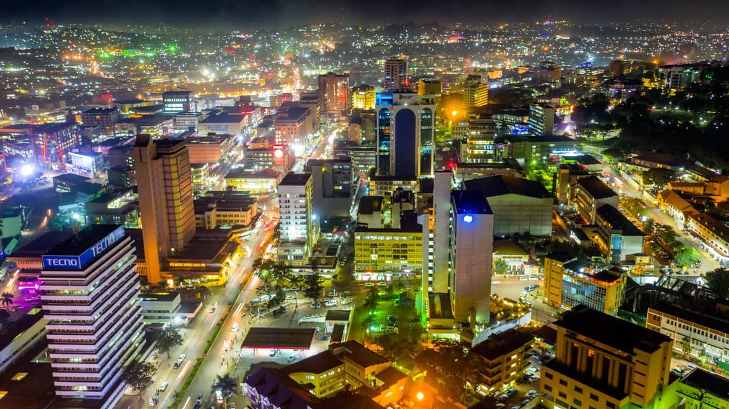In a landscape marked by rebranded NRM manifestos and persistent economic challenges, the quest for a prosperous Uganda remains paramount. This article delves into the essential components necessary to cultivate a thriving economy that not only exists on paper but also translates into tangible improvements in the lives of Ugandans.
Is it time for Uganda to revisit the concept of a people-owned economy reminiscent of the pre-1986 era? By exploring the critical roles played by the financial, communication, and transport sectors, we can envision a framework for establishing an economy under Ugandan control, fostering self-reliance and sustainability.
Unpacking the grip of foreign capital
The dominance of foreign capital in Uganda’s economic landscape, stemming from past IMF and World Bank interventions, has sparked debates around the control and benefits reaped by international investors.
This section delves into the far-reaching implications of this dependency on Ugandans, shedding light on the challenges of significant capital outflow and the imperative for local empowerment.
Challenges abound in Uganda’s financial sector, with the influence of leading institutions contributing to high business costs and economic hurdles. By examining the impact of interest rates and profit repatriation on the economy, we uncover the urgency for strategic reforms to drive sustainable growth and financial inclusivity for all Ugandans.
Empowering local businesses in the communication sector
While the communication sector serves as a vital conduit for information dissemination and market access, the dominance of foreign telecom giants poses unique challenges to Uganda’s economic sovereignty.
This segment explores the ramifications of profit repatriation by these companies and offers strategies for empowering local enterprises to thrive in a competitive landscape.
The transport sector stands as a linchpin for economic growth, connecting regions and facilitating trade and tourism.
However, Uganda’s transport infrastructure has faced significant challenges since 1986, underscoring the need for sustainable practices and local control to drive transformative change. By focusing on infrastructure development and efficient transport systems, Uganda can pave the way for enhanced economic prosperity.
Drawing inspiration from successful global economic models, the call for rebuilding Uganda’s economy through locally-driven initiatives in the financial, communication, and transport sectors gains momentum.
Empowering Ugandans to seize control of their economic destiny emerges as a fundamental pathway to sustainable development, fostering a future where prosperity is truly inclusive and enduring.

